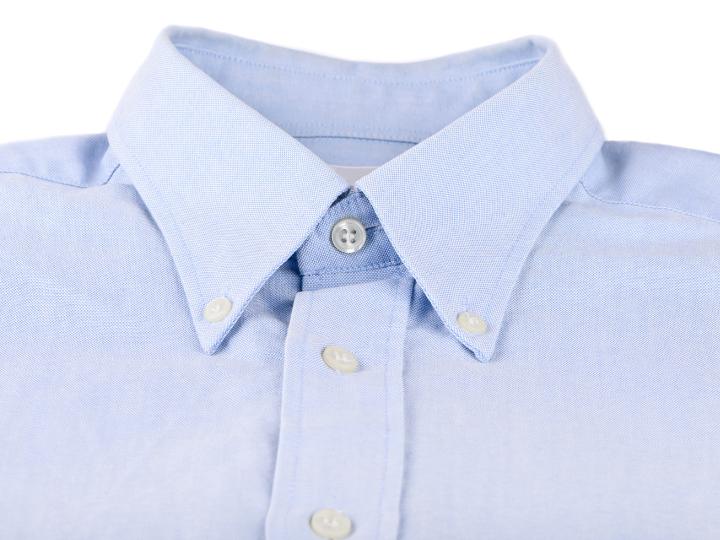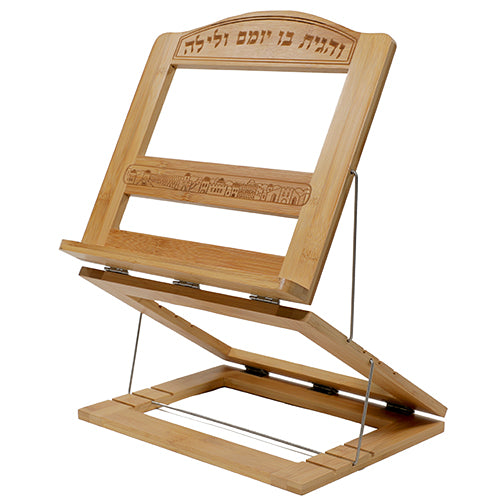Whether you're buying your first pair or looking to upgrade, this guide will help you navigate the various options available.
Materials
- Wool: Traditional and considered the best option by many rabbinical authorities. It's warm and durable but may be itchy for some.
- Cotton: Lightweight, breathable, and comfortable. Ideal for warm climates or those with wool sensitivities.
- Mesh: Offers excellent ventilation, making it perfect for hot weather or athletic activities.
- Mesh Cotton: Combines the breathability of mesh with the comfort of cotton.
What Size Should I Get?
Tzitzit come in various sizes, typically ranging from 18 to 30 inches in length. To find your ideal size:
- Measure from your shoulder to mid-thigh.
- Add 2-3 inches for comfort and movement.
- Consider your height and body type.
Remember, the tzitzit should hang visibly below your shirt but not drag on the ground.
Neck Style
- V-neck: Traditional and most common. Suitable for wearing under a dress shirt.
- Round neck: More casual look, often preferred for everyday wear.
- Split neck: Offers a compromise between V-neck and round neck styles.
String Size
Strings come in different thicknesses, usually measured in ply:
- Thin (30-40 ply): Lightweight and less noticeable under clothing.
- Medium (45-50 ply): A good balance between durability and discretion.
- Thick (60+ ply): Most durable but may be more visible under clothing.
Strings or No Strings?
- Pre-strung: Convenient and ready to wear.
- Without strings: Allows you to tie your own strings, which some consider a mitzvah (good deed).
Tying the Knot
If you choose to tie your own tzitzit:
- Learn the proper technique from a knowledgeable source.
- Ensure you use the correct type of strings (usually made from the same material as the garment).
- Consider the specific customs of your community regarding knot styles.
Care for Your Tzitzit
- Hand wash or use a gentle cycle in cold water.
- Use a mild detergent.
- Avoid bleach or harsh chemicals.
- Air dry to prevent shrinkage.
- Avoid direct sunlight to prevent fading.
- Hang or fold carefully to prevent tangling of strings.
- Store in a cool, dry place.
- Regularly check strings for wear or damage.
- Replace strings if they become torn or excessively frayed.
- Use a dedicated tzitzit bag to protect them during travel.
Additional Considerations:
- Kosher Certification: Ensure your tzitzit are certified kosher by a reputable authority.
- Custom Options: Some retailers offer custom sizes or personalized embroidery.
- Seasonality: Consider having different weights for summer and winter.
- Allergies: If you have sensitive skin, look for hypoallergenic options.
- Sustainability: Some manufacturers now offer eco-friendly or ethically produced tzitzit.



